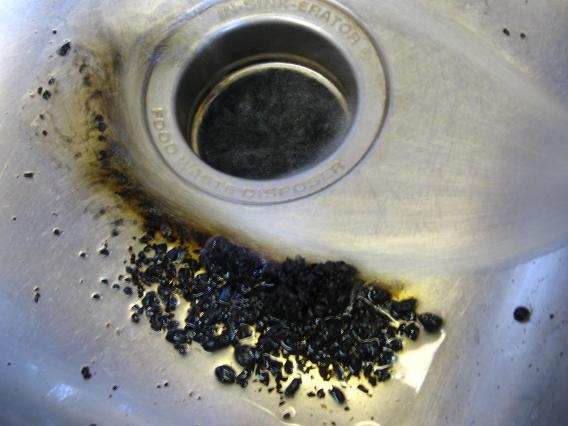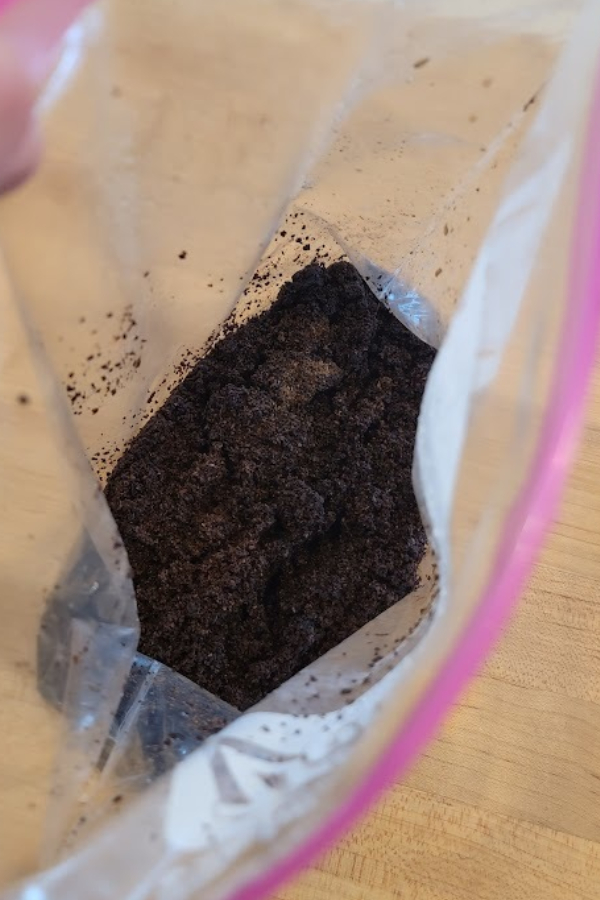Is It Safe to Put Coffee Grounds Down the Sink? - What You Should Know
Is It Safe to Put Coffee Grounds Down the Sink? - What You Should Know
Blog Article
How do you actually feel in regards to Is it safe to dispose of coffee grounds down the sink??

If you're a serious coffee enthusiast, you might be wondering about the best method to take care of your coffee premises. While it may seem hassle-free to clean them down the sink, this method can bring about several problems for both your plumbing and the environment. In this short article, we'll check out whether it's secure to place coffee premises down the sink and review different disposal methods to consider.
Dangers of Putting Coffee Grounds Down the Sink
Plumbing Issues
One of the primary worry about getting rid of coffee premises down the sink is the threat of blocking your pipelines. Coffee premises do not liquify in water and can build up over time, forming a dense sludge that can block drains pipes and cause expensive plumbing repair work.
Ecological Impact
Beyond the prospective damage to your plumbing, putting coffee grounds down the sink can likewise hurt the setting. When cleaned right into the sewer system, coffee premises can add to clogs in drain lines and therapy centers. In addition, the high focus of raw material in coffee grounds can deplete oxygen levels in rivers, adversely affecting water life.
Alternatives to Disposing of Coffee Grounds
Composting
One environmentally friendly option for taking care of coffee premises is to compost them. Coffee premises are rich in nitrogen, making them an outstanding addition to compost piles or bins. As they decompose, they include nutrients to the dirt, enhancing its fertility and texture.
Garbage Disposal
If you do not have a composting configuration, one more option is to just throw your coffee premises in the trash. Be sure to secure them in a compostable bag or container to avoid odors and leakage. While this approach does not use the same environmental benefits as composting, it's a safe and hassle-free method to throw away coffee grounds.
Tips for Proper Disposal
Use a Sink Strainer
To stop coffee grounds from entering your sink's drain to begin with, consider making use of a sink strainer. These inexpensive tools trap solid fragments, including coffee grounds, stopping them from triggering blockages.
Regular Maintenance
No matter exactly how you choose to throw away your coffee premises, it's important to maintain your plumbing consistently. Schedule routine drain cleansings to eliminate any kind of accumulation and ensure that your pipes stay clear and free-flowing.
Conclusion
While it might be tempting to clean coffee grounds down the sink for convenience, doing so can have serious effects for your plumbing and the environment. Rather, consider composting your coffee premises or disposing of them in the trash. By adopting accountable disposal methods, you can appreciate your coffee guilt-free while minimizing your environmental impact.
Can Coffee Grounds Clog Your Drains?
It is not surprising that individuals are seeking ways to be more environmentally friendly and sustainable, given the standard of cleaning in use today. You may find information on the benefits of coffee grounds in most articles. After all, we enjoy coffee so much that we may also use the coffee grounds. Coffee grounds are environmentally friendly and can undoubtedly improve our cleaning methods, whether they are used as fertilizer or an air purifier. But there is still one question: Can coffee grounds clog your drains?
Discover the pros and cons of disposing of coffee grounds in the sink in this article and whether it’s a wise decision. Consider all the alternatives, including the possibility of a clogged drain. We will therefore assist you in weighing your options if you have coffee grounds lying around in your cupboard.
Do coffee grounds clog drains?
To put it simply, coffee grounds can clog drains. Contrary to popular opinion, coffee grounds are less helpful than harmful when cleaning your home’s drains. Therefore, even while coffee grounds may seem simple to flush down the toilet, they could also get caught quickly and require extensive cleaning or unclogging. In actuality, one of the most obvious causes of clogged drains is coffee grounds. They cause drain clogs in a similar manner to how fat and cooking oil do. They could accumulate over time and eventually take on a certain texture that clogs your drains.
What are other uses there for coffee grounds?
What are we going to do with our remaining coffee grounds now that we know that coffee grounds clog drains? You could use it as compost for your plants, I suppose. They can also be used as fertilizer to help your plant grow better. Additionally, they are an excellent technique to remove contaminants from your inner environment. You may also use coffee grounds to increase the blood flow to your skin if you’re a skincare obsessive. Additionally, you may use them as an excellent natural cleaning scrub instead of spending money on body scrubs.
Your unused coffee grinds could be used in a variety of ways. Given that we also want to create an atmosphere that is much more sustainable, we do not advise you to toss them out. Because of this, even though coffee grounds and sink drains don’t mix, now is the ideal moment for you to explore alternative uses for your coffee grounds.What to do if coffee grounds are clogging your sink drain
What are you going to do if your sink drain is clogged, for example? First of all, don’t get alarmed. Be sure to inspect the region and then make as much note of the problems as you can. Then, make a professional plumbing team call to assist you. If you live in NYC, be well prepared because the prices of hiring professionals are much higher, our consultants have prepared an article for you about the costs of living in NYC. However, there are circumstances in which expert assistance is not necessary. Therefore, if you believe that the problem at hand is straightforward and your sink drain is stopped, you can try the following steps:
Boiling water can be used to remove a blockage. Check to see if the clogging is related to your garbage disposal. If possible, use a sink plunger to remove the obstruction. To soften the accumulation that causes the blockage, use baking soda and white vinegar. If a blockage continues, manually clean the pipes. When to call a professional plumber
Bad smells, leaks, or many water lines backing up are indications that you need to contact a reputable plumbing service to fix the issue.
While a simple unclogging can be accomplished with a sink plunger, other problems call for professional assistance. It’s essential to consult a professional if, for instance, the accumulation in your sink drains affects how well the drainage system functions. Particularly if the grounds have been collected for more than a year, it is not an easy process. Additionally, bad smells, leaks, or many water lines backing up are indications that you need to contact a reputable plumbing service to fix the issue. When it comes to their domestic plumbing needs, it’s also crucial to work with a business that provides a comprehensive solution.
https://raytheplumber.com/uncategorized/can-coffee-grounds-clog-your-drains/

I found that article on What are the consequences of putting coffee grounds while doing a search on the web. Loved our content? Please share it. Help someone else discover it. I praise you for your time. Kindly pay a visit to our blog back soon.
Check It Out Report this page